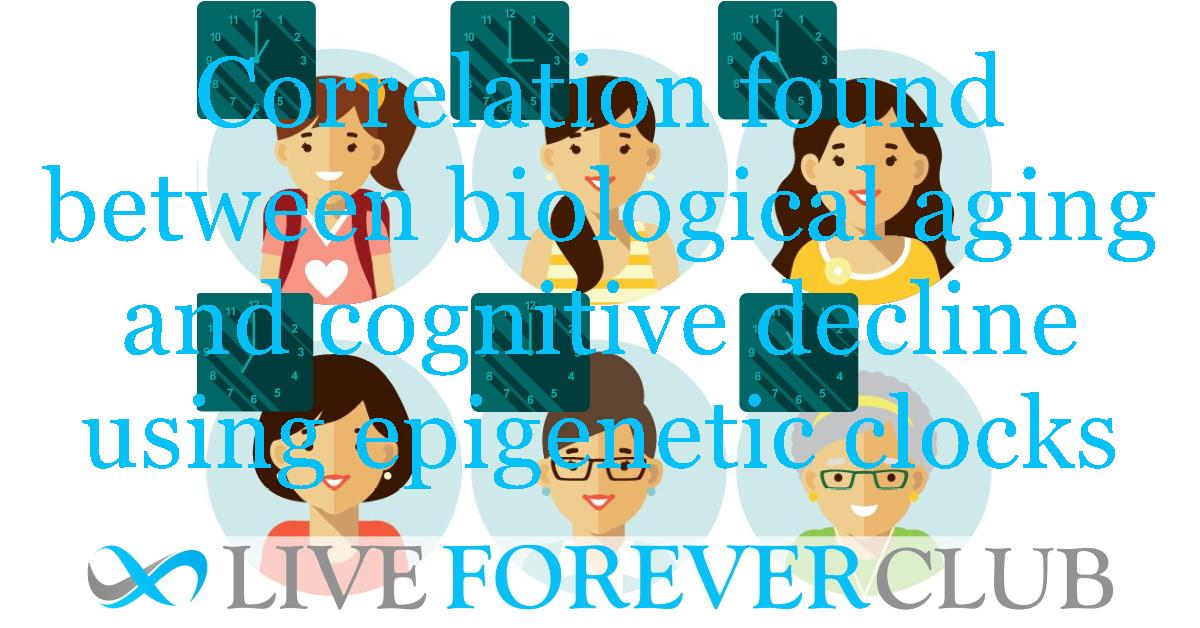Key points from article :
Researchers have found a correlation between cognitive decline and measurements of epigenetic aging.
They used four epigenetic clocks: the first-generation Horvath and Hannum clocks and the second-generation PhenoAge and GrimAge clocks.
These are geared towards predicting morbidity and mortality.
The Horvath and GrimAge clocks returned correct comparisons to chronological age, while the Hannum and PhenoAge returned values that were too young.
They focused on the differences between Maintainers and Decliners.
According to the PC-GrimAge clock, the Decliner group experienced two additional years of epigenetic aging compared to the Maintainer group.
The PC-Horvath, PC-Hannum, and PC-PhenoAge clocks did not show significant results.
The effects that cognitive decline and epigenetic aging have on one another, and the existence of common factors that affect them both in similar ways, are still open questions.
The study was published in Aging and conducted at the University of Pittsburgh.








